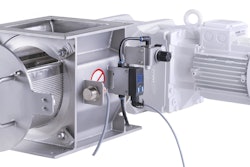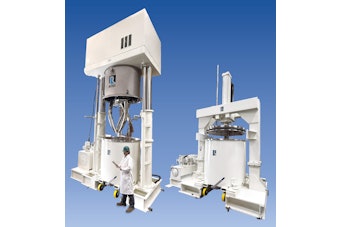
With the advent of e-commerce there is a new business model for distribution centers, as the traditional supply chain evolves to put the consumer in the forefront of logistics.
Terry Esper, PhD, Associate Professor of Logistics at The Ohio State University, discussed the “consumer-centric” supply chain at the WERC Annual Conference for Logistics Professionals this week in Columbus, OH. Esper said that 67% of business buyers have switched vendors to get a more consumer-like experience, and in the days of Amazon, logistics matters more than it ever has.
Esper said we as consumers are time-warped and Amazon effected. With half of our days spent in front of some type of screen – averaging 6.3 hours a day on the internet - time on technology is creating a need for immediacy that speeds up our perception of time, making us a “moving target” to meet expectations of time and delivery.
The outcome of being Amazon effected means changing expectations for all businesses – if Amazon can do it why can’t you? Esper said instant gratification and a sense of entitlement are other outcomes from being “effected,” and being labeled an Amazon Prime member makes us feel special (and entitled). Also, think about the fact that most people sign up for Amazon Prime in order to get free shipping: Amazon is selling logistics for products we have not yet purchased – a novel strategy with a huge payoff.
What does this mean for new distribution center models? 72% of retailers intend to increase drop-shipments in next 3 years, shipping directly from the supplier instead of the retailer. Currently, 25% to 30% of all e-commerce orders are drop-shipped. There is also spillover from consumer demand – 9 out of 10 consumers ranked free shipping as their top incentive for shopping online, and 60% of consumers have higher delivery service expectations than they did a year ago. Also, the number-one cause of online cart abandonment is logistics (cost of shipping). So, in consequence retailers are demanding shorter lead-time from their suppliers.





















